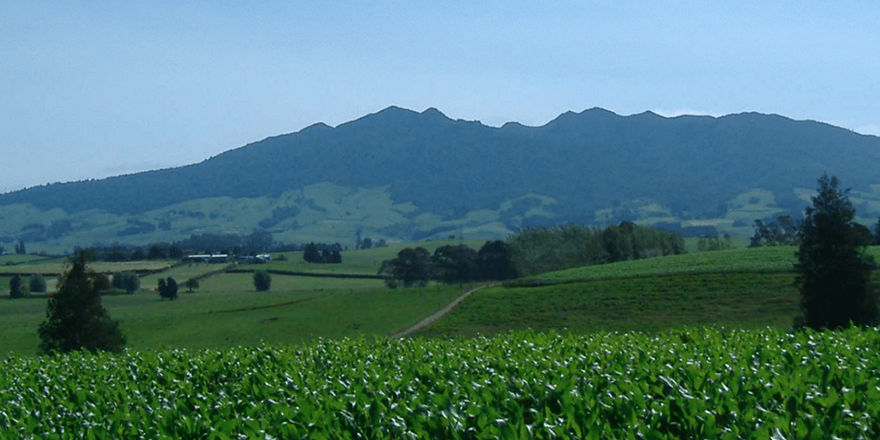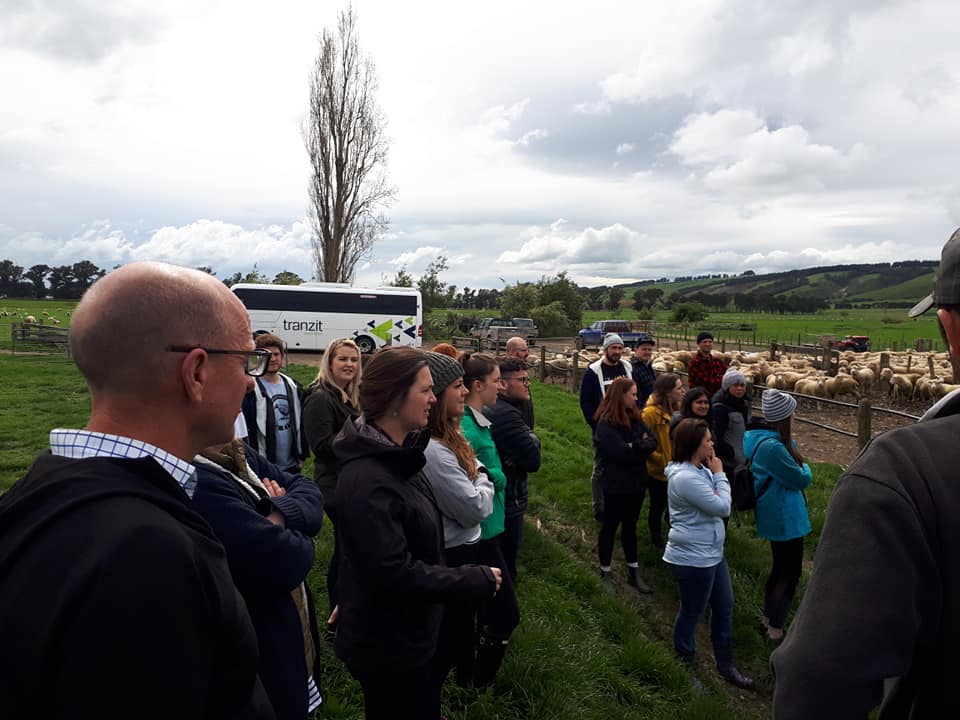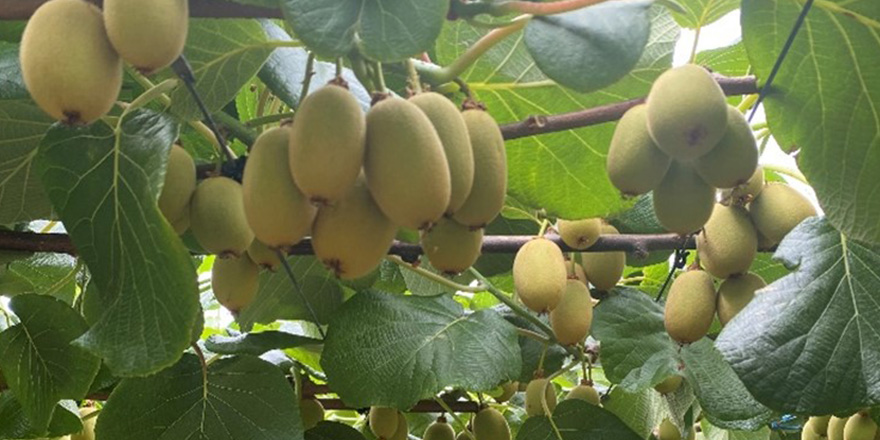
Executive Summary
It is naïve and self-centered to even consider our selves the owners of land. Land has existed for millennia before we “own” it, and will continue to exist for millennia after we no longer “own” it. We are simply occupiers, users and stewards of it for a fleeting time. Current land stewards should undertake succession planning, rather than attempt to leave a legacy on the land.
There is a fundamental flaw in the tenure of land in New Zealand, with the current model of farm ownership resulting in land ownership becoming concentrated in fewer hands, and increasing barriers to new entrants wanting to enter the industry
. Land tenure in New Zealand is largely based on United Kingdom freehold principles. There is a strong bias towards land tenure by people that inhabit and use the land, whether it be farming on their own account, or making it available as leasehold to others to farm it.
Our desire to own land is related to our fundamental desire to own where we live. For typical New Zealand farmers land tenure means solely the ownership or rental of land. This simple view of land tenure has become outdated. It is interesting to note that New Zealand already embraces a novel form of land tenure, being the global exemplar of share farming through the variable order share milking system.
We need to develop land tenure models to include various forms of joint ventures to enable new entrants and young farmers to climb onto the farming ladder. Using these different models will encourage innovation, entrepreneurship, expansion and acceptable succession within the industry, ensuring a sustainable future for the farmer and the next generation. New entrants and first-generation farmers are vital to the success of any country’s agricultural industry.
Māori entering farming in New Zealand also have the challenges of raising working capital on collectively owned Māori land; the need to rebuild sustainable Māori rural communities; and managing small blocks of land scattered throughout a region. New Zealand farmers need to stop family land being sold from one generation to the next, continuously loading debt on the next generation and resulting in continual profit for off shore banks. As New Zeal and matures, land sales will become less common, with families leasing land across generations, and tenant farming of this land will become more common.
State owned Landcorp farms are marginally profitable, and should be transferred to a land trust to be made available to new entrants to the industry. New Zealand should allow sales of farmland to overseas purchasers, providing there are strong controls around the management of the farmland after the sale.
A well-structured Capital Gains Tax should be implemented to attempt and reduce the continual trading of land, and encourage land to be valued on its productive capacity. This will help stop the situation facing South Island dairy farmers where they are attempting to be profitable on $80,000 per hectare land while facing increasing environmental pressures.
By embracing change in New Zealand farmland tenure, the industry will future proof itself and make farming more accessible for new entrants to engage in, driving greater innovation and early adoption of techniques but also through providing a dynamism by an intensive striving for efficiency.
Download and read the full report here




